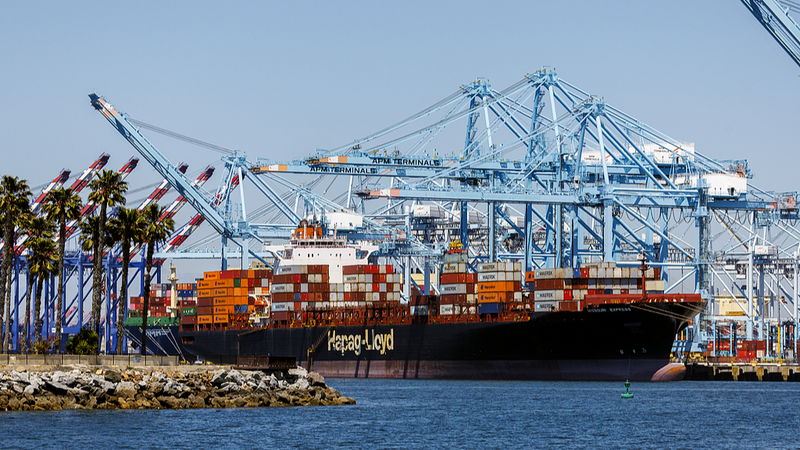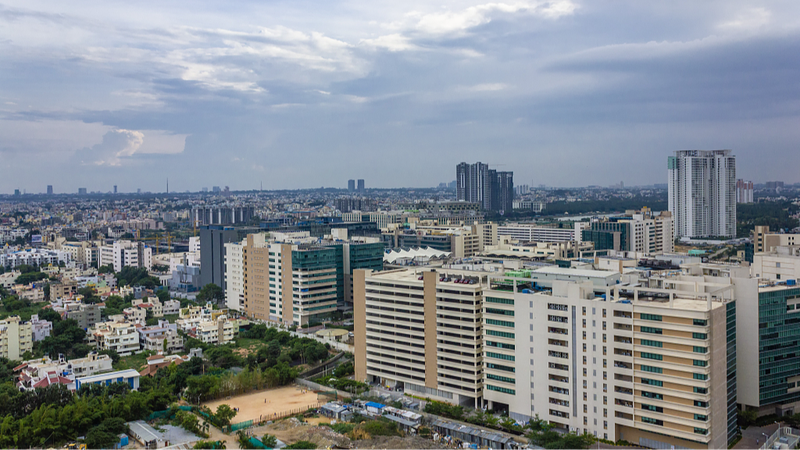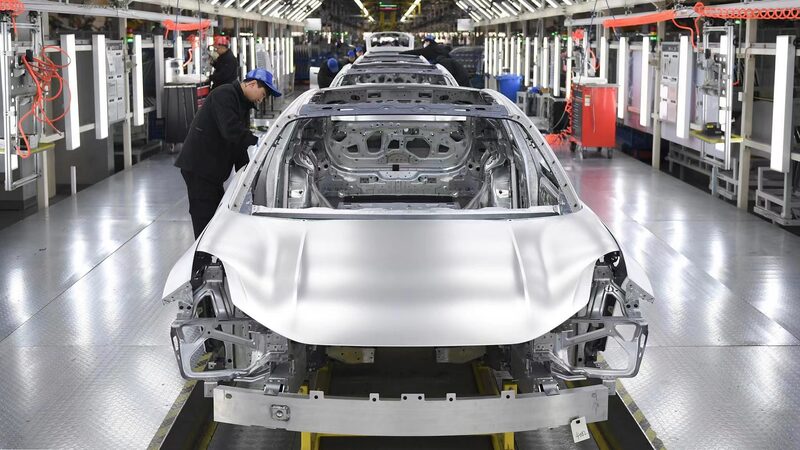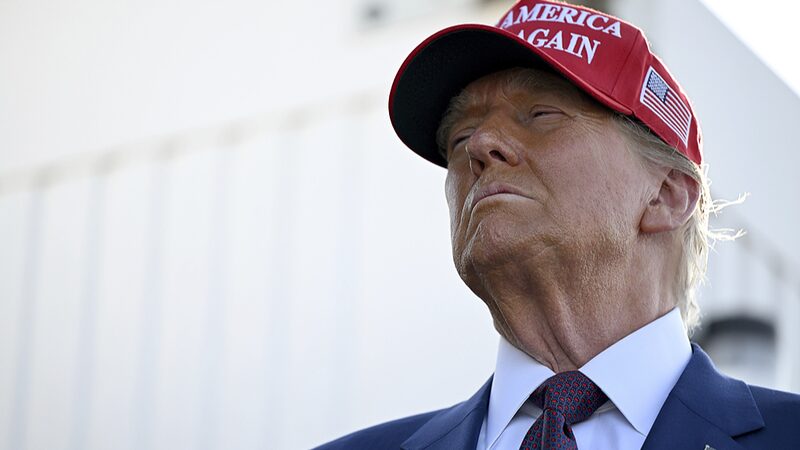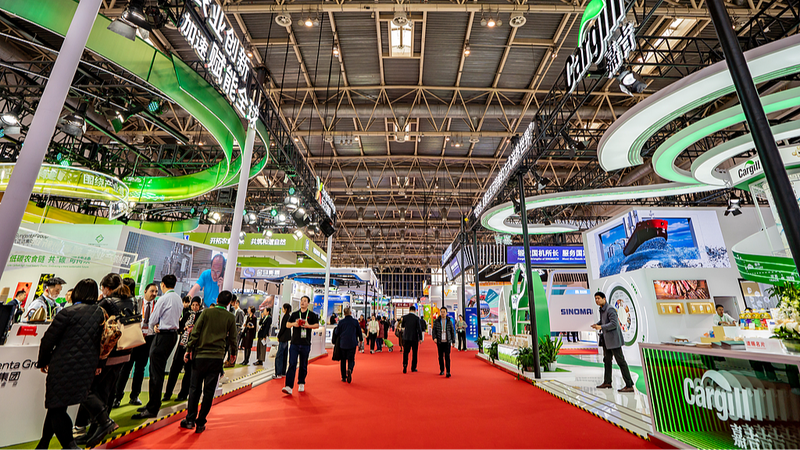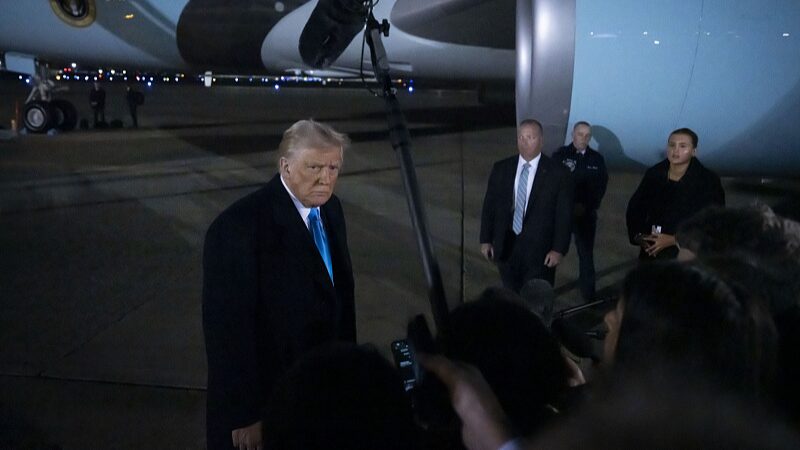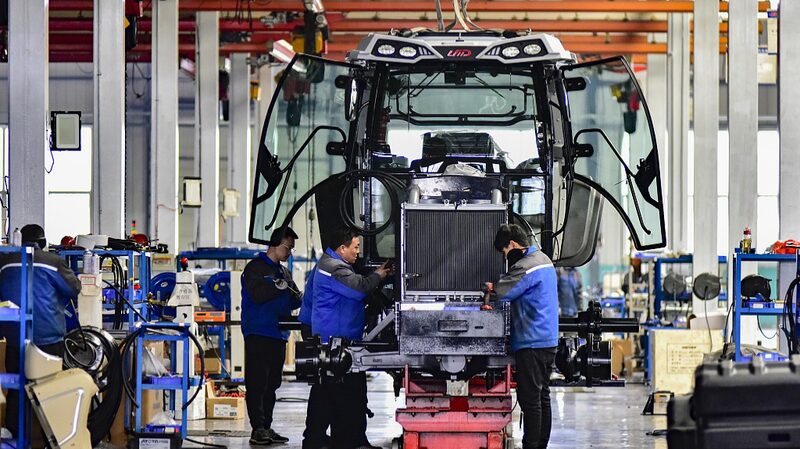Recent US tariff measures have sparked renewed debates about the long-term consequences of unilateral trade policies, with Chinese Academy of International Trade and Economic Cooperation researcher Tang Jie warning of 'hidden costs reshaping global supply chains.' As protectionist measures intensify, Asian economies find themselves navigating turbulent waters between market access demands and domestic industrial priorities.
Tang's analysis reveals how tariffs initially designed to protect US industries are inadvertently accelerating manufacturing diversification across Southeast Asia. Vietnam's electronics sector saw 14% year-on-year growth in Q2 2024, while Indian renewable energy exports to Europe jumped 22% – both partly attributed to redirected trade flows.
For investors, these shifts create both challenges and opportunities. 'The artificial redirection of capital flows risks creating bubble economies in emerging markets,' Tang notes, pointing to Malaysia's semiconductor inventory glut as evidence of supply chain overcompensation. However, green technology partnerships between South Korean firms and the Chinese mainland suggest new avenues for sustainable growth.
Academics highlight the human dimension often lost in trade debates. A recent survey by the Asia Development Bank indicates 38% of cross-strait SMEs have delayed expansion plans due to tariff uncertainties. Meanwhile, Southeast Asian diaspora communities report increased difficulties in securing affordable consumer goods from their home countries.
As APEC members prepare for November's Leaders' Meeting, attention turns to multilateral solutions. The Chinese mainland's record $214 billion in regional infrastructure investments through Q3 2024 signals alternative pathways for economic integration. Yet with WTO dispute settlement cases involving Asian members up 47% this year, the need for coherent trade frameworks becomes increasingly urgent.
Reference(s):
US tariff policies: The hidden costs of unilateral protectionism
cgtn.com
